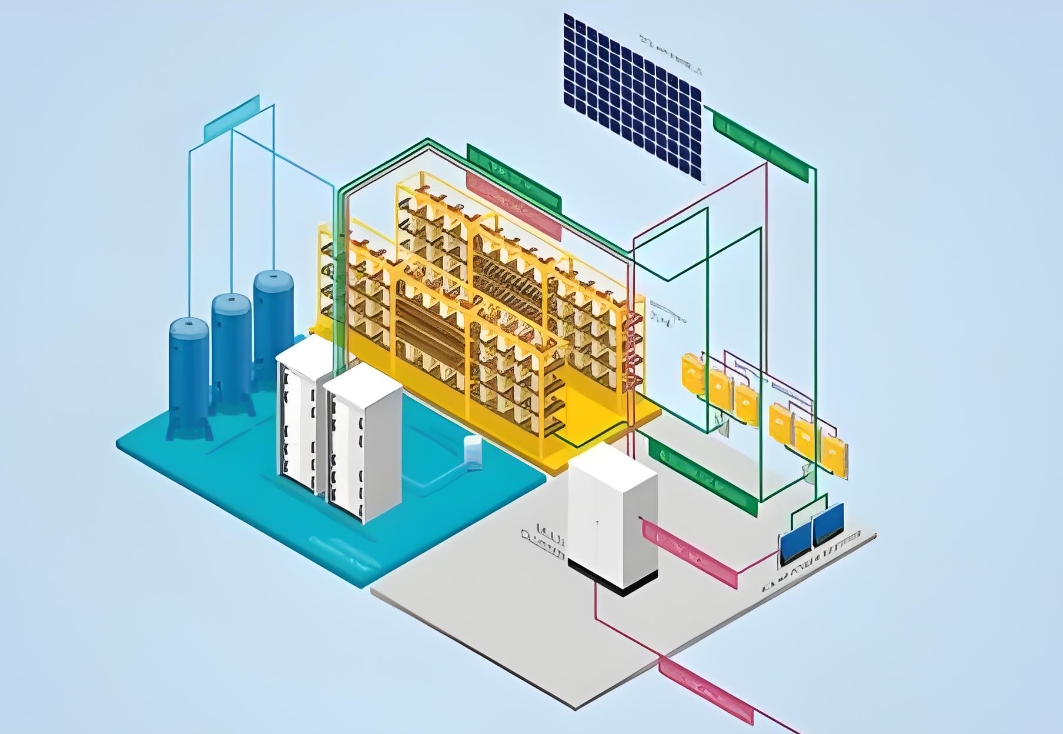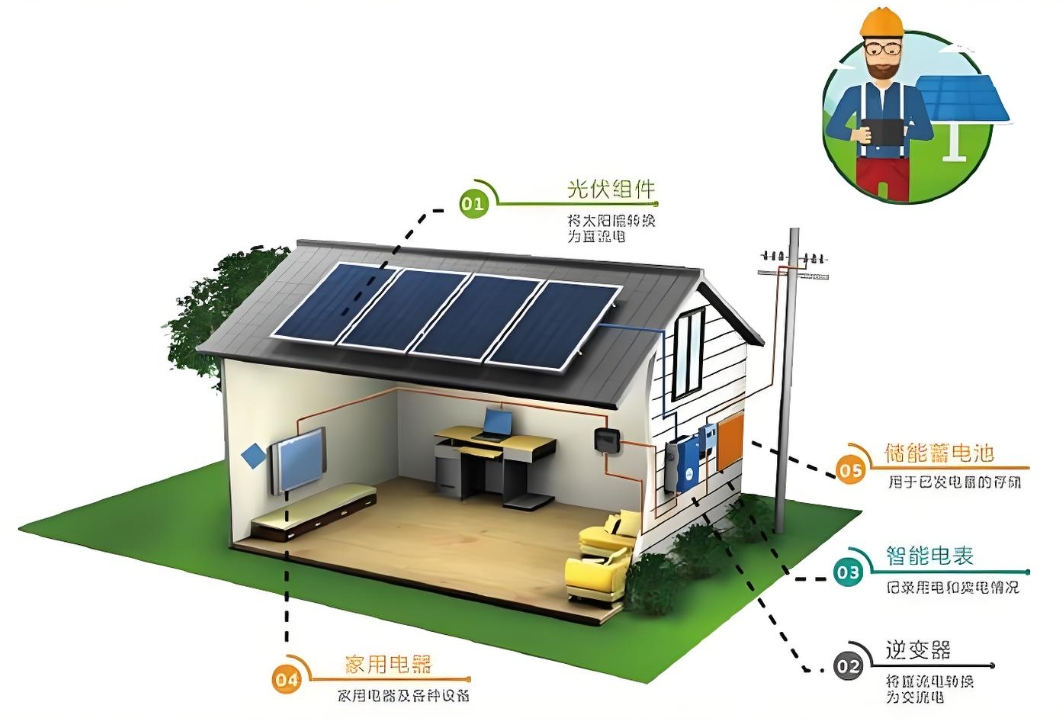solar energy and battery storage solutions
Solar energy and battery storage solutions represent a pivotal shift in the global energy landscape, offering a sustainable, reliable, and eco-friendly alternative to traditional fossil fuels. By harnessing the abundant energy from the sun and storing it for later use, these solutions address the intermittency of solar power and enable its widespread adoption. Below is an expanded discussion on solar energy and battery storage solutions, exploring their importance, types, benefits, and future prospects.
The Importance of Solar Energy and Battery Storage
Solar energy is a renewable and inexhaustible resource that can be harnessed to generate electricity. Unlike fossil fuels, solar energy does not produce harmful emissions and is, therefore, a crucial component in the fight against climate change. However, solar power is intermittent, meaning it is only available when the sun is shining. This necessitates the use of battery storage solutions to capture and store excess energy generated during daylight hours for use when sunlight is not available.
Types of Battery Storage Solutions
Battery storage solutions for solar energy come in various forms, each with its own set of characteristics and applications.
Lithium-Ion Batteries: Lithium-ion batteries are the most commonly used type of battery for solar energy storage. They offer high energy density, long cycle life, and fast charging capabilities. These batteries are widely used in residential and commercial solar energy systems.
Lead-Acid Batteries: Lead-acid batteries are another popular choice for solar energy storage. They are relatively inexpensive and have a long history of use in various applications. However, they have a shorter cycle life and lower energy density compared to lithium-ion batteries.
Flow Batteries: Flow batteries use two liquid electrolytes to store energy in chemical form. They offer high energy capacity and long duration storage, making them suitable for large-scale applications such as grid-scale energy storage.
Sodium-Ion Batteries: Sodium-ion batteries are an emerging technology that offers a low-cost and environmentally friendly alternative to lithium-ion batteries. They have the potential to revolutionize solar energy storage due to their high energy density and long cycle life.
Benefits of Solar Energy and Battery Storage Solutions
The integration of solar energy and battery storage solutions offers numerous benefits, including:
Energy Independence: By generating and storing your own energy, you reduce your dependence on the grid and are less vulnerable to power outages and price fluctuations.
Cost Savings: Over time, the combination of solar energy and battery storage can lead to significant savings on electricity bills. The costs of solar panels and batteries have been declining rapidly, making this technology more affordable for residential and commercial customers.
Environmental Impact: Solar energy is a clean and renewable resource that reduces greenhouse gas emissions and contributes to a more sustainable future. Battery storage solutions also have a lower environmental impact compared to traditional energy storage methods such as pumped hydro storage.
Grid Support: Solar energy and battery storage solutions can provide valuable services to the grid, such as frequency regulation, peak shaving, and black start capabilities. This helps to stabilize the grid and reduce the need for traditional fossil fuel-based power plants.
Future Prospects
The future of solar energy and battery storage solutions looks promising. With ongoing research and development, the costs of solar panels and batteries are expected to continue to decline, making this technology even more accessible and affordable. Additionally, emerging technologies such as sodium-ion batteries and flow batteries offer the potential for even higher energy densities and longer cycle lives, further enhancing the performance and reliability of solar energy storage systems.
In conclusion, solar energy and battery storage solutions represent a transformative shift in the global energy landscape. By harnessing the abundant energy from the sun and storing it for later use, these solutions offer a sustainable, reliable, and eco-friendly alternative to traditional fossil fuels. As technology advances and costs decline, the adoption of solar energy and battery storage solutions will continue to grow, contributing to a cleaner, more resilient, and sustainable energy future.



